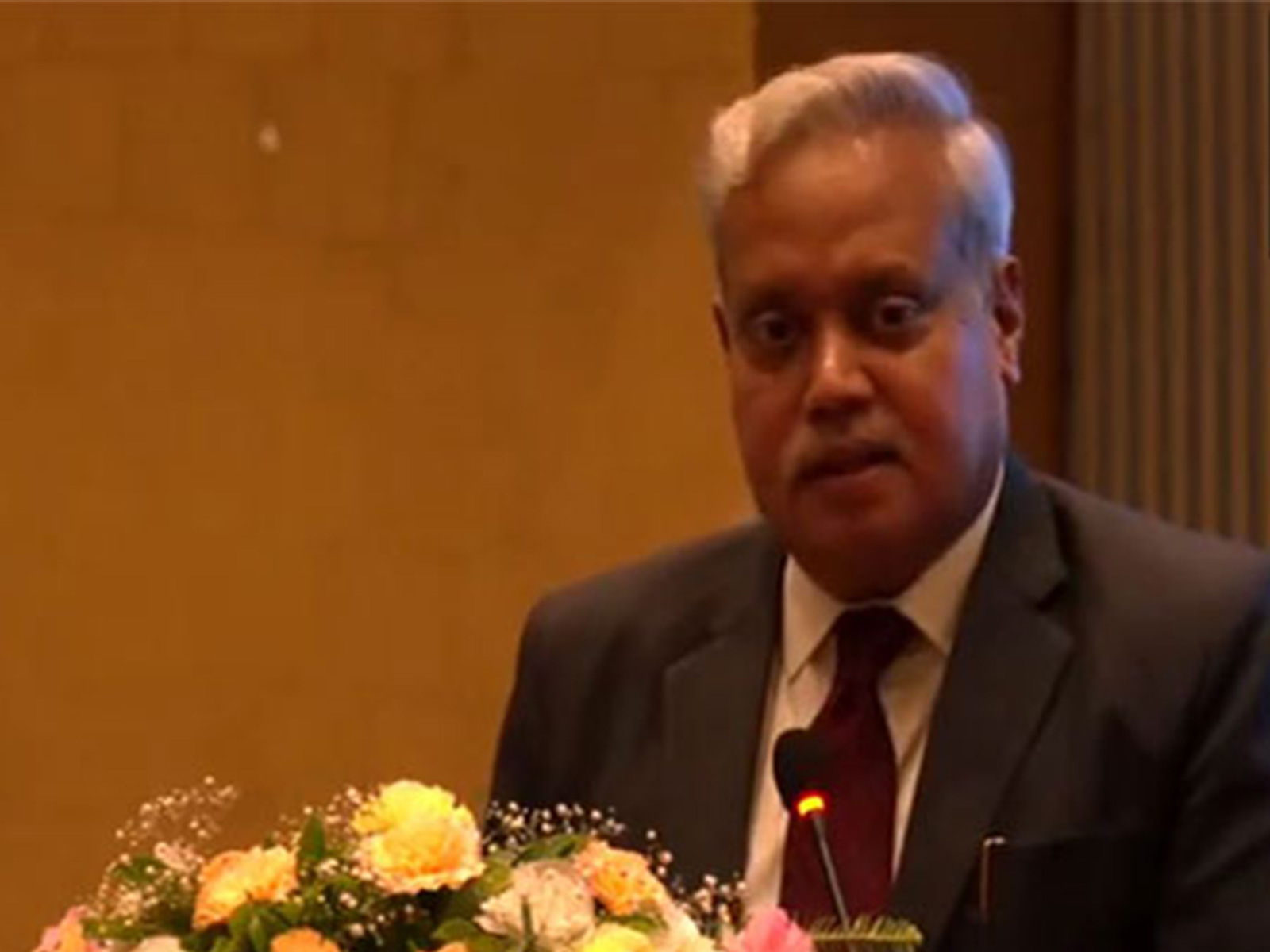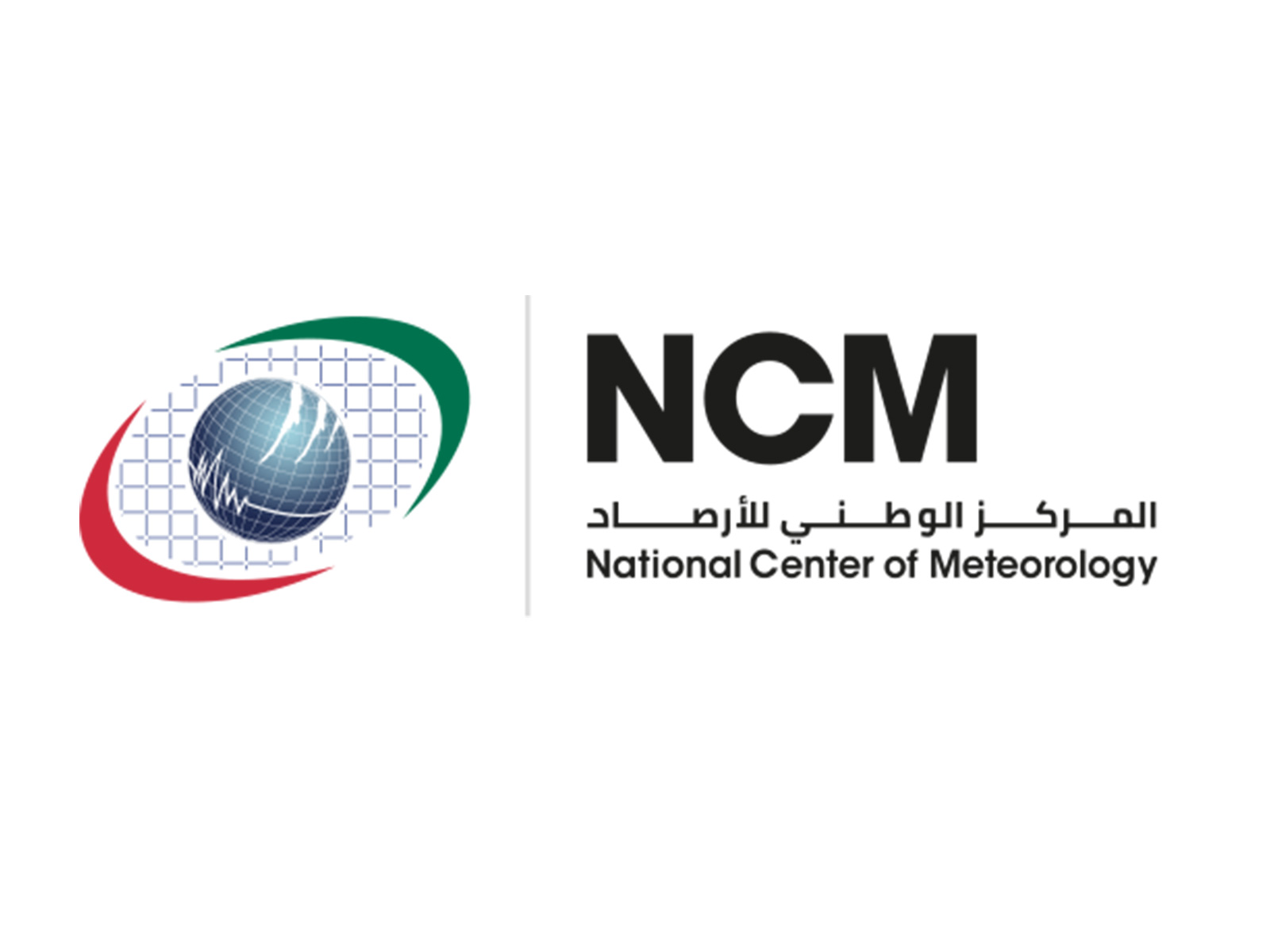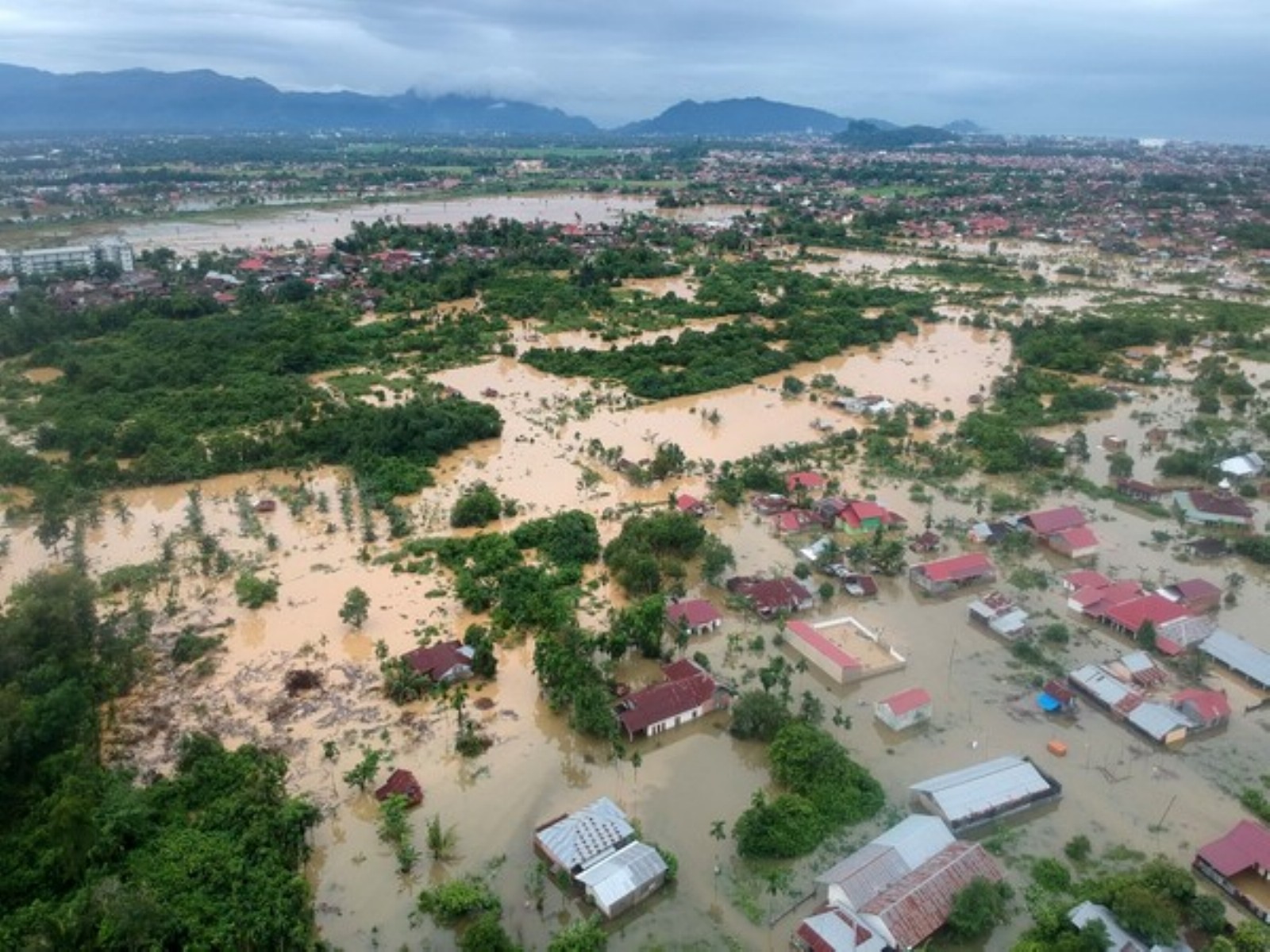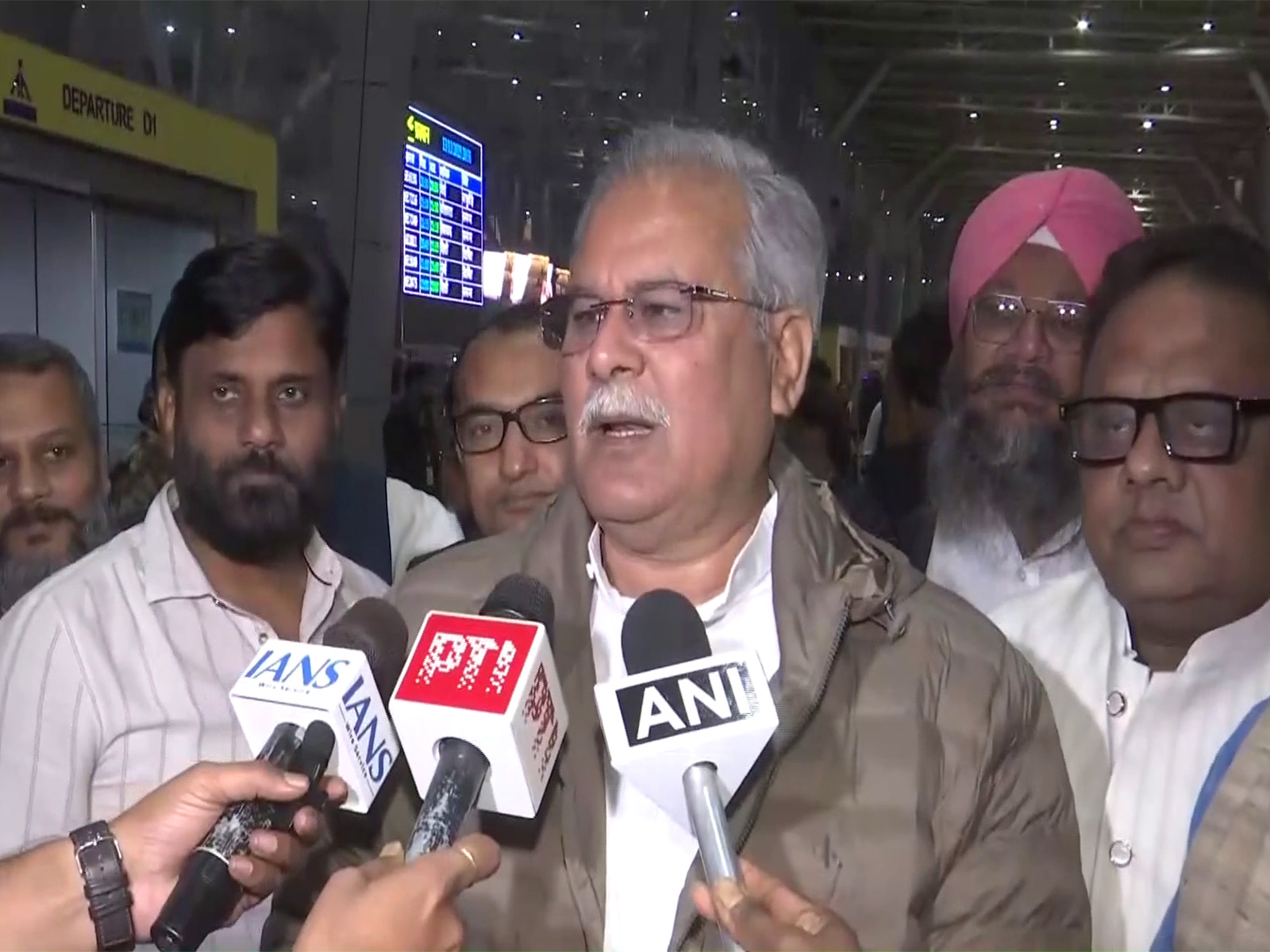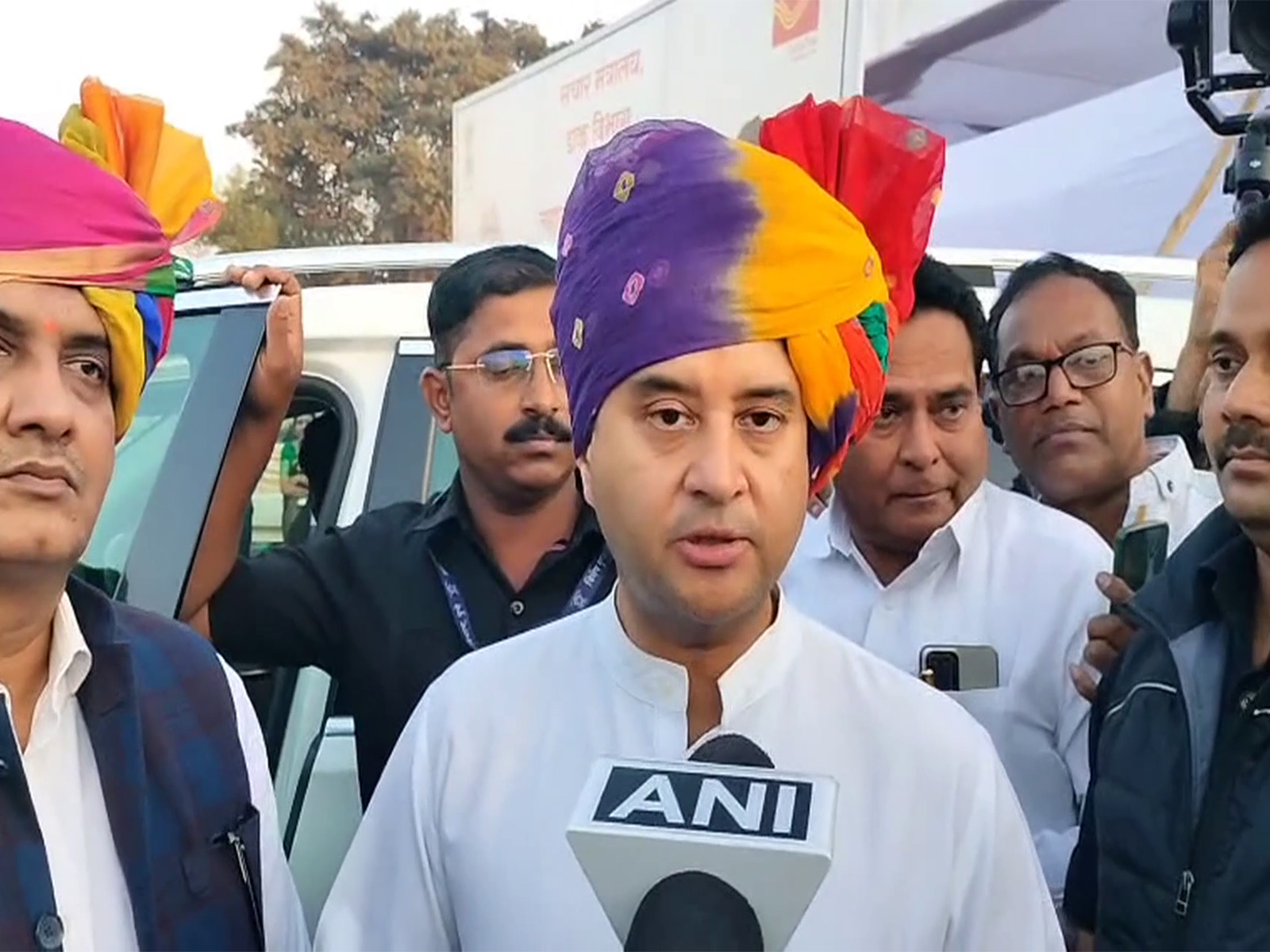UN committee calls for global alert on bioterrorism in COVID times
Dec 03, 2021

Geneva [Switzerland], December 3 : UN bodies, NATO Parliamentary Assembly, and Interpol, entrusted with the task of identifying non-state actors involved in bioterrorism, are carefully monitoring the response of terrorists to the effects of the current Covid-19 pandemic amid speculations that terror groups may have notions of spreading mass terror by using biochemical weapons, a media report said.
The United Nations Security Council's 1540 Committee is the specific body that monitors this aspect of global terrorism.
The Security Council adopted resolution 1540 (2004) under Chapter VII of the United Nations Charter to affirm that the proliferation of nuclear, chemical and biological weapons and their means of delivery constitutes a threat to international peace and security, said Geneva Daily.
According to the Singapore-based publication, the committee sounded an alert in March this year when its chair, Juan Ramon de la Fuente Ramirez, told a UN presentation, "Even while the global pandemic has drastically changed the world, this has not reduced the threat of non-State actors acquiring weapons of mass destruction, including the spread of deadly pathogens. As this scenario cannot be excluded, the international community has multilateral tools to prevent it from happening that must be used to their full potential."
Though the Committee does not have the mandate to conduct threat assessments, said Ramirez, adding, "We know of course that terrorists have long been interested in biological weapons....there is evidence of multiple attempts to acquire and weaponize biological agents by al-Qaeda over the years".
The Committee has reason to believe that "more recently, there have been several cases of weaponization of ricin by individuals in the US, the UK and Germany".
As per the Geneva Daily, in order to put in place appropriate measures to prevent the exploitation of biochemical weapons by non-state actors, the Committee recommended: "If States have in place measures, for example, to account for and secure production, use, storage or transport, and the physical protection, of pathogens and toxins, this would undermine the possibility of non-State actors, to have access to those materials and using them illicitly, including for terrorist purposes."
